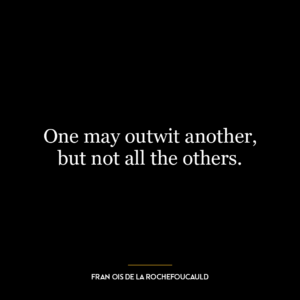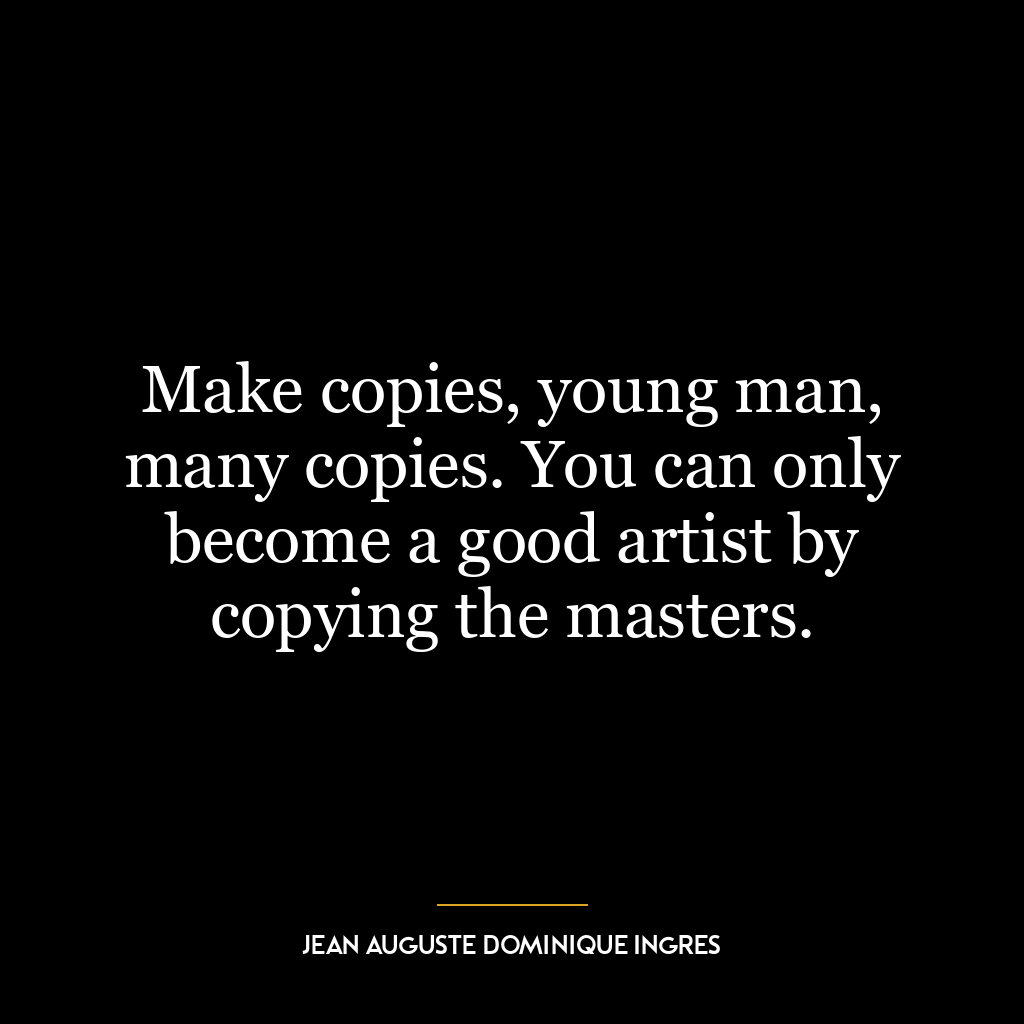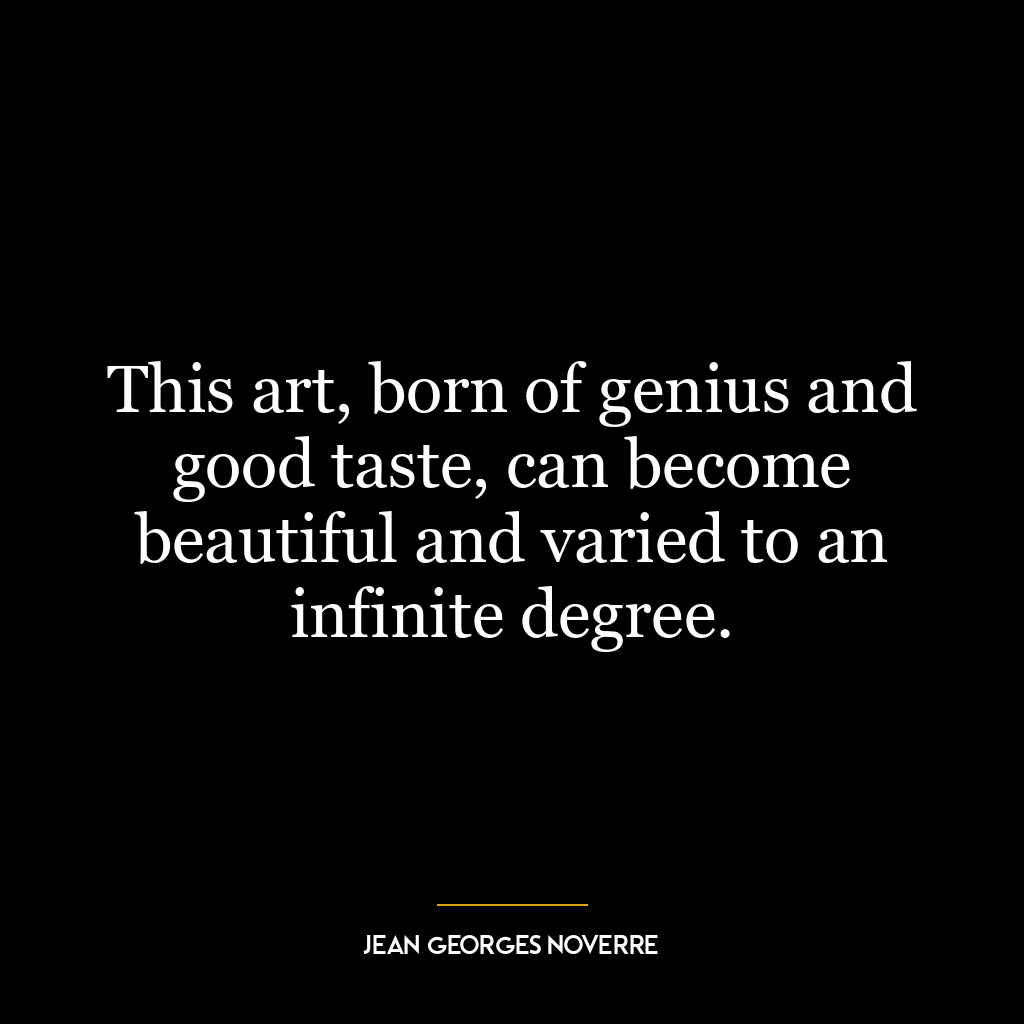This quote suggests that our actions, much like the end of verses in a poem, are subject to our own will and discretion. Just as a poet has the freedom to choose the rhyme scheme of their verses, we too have the freedom to choose the course of our actions. Essentially, we are the authors of our own lives, with the power to decide how our story unfolds.
The quote also implies a sense of intentionality and mindfulness in our actions. When we rhyme verses, we do so with thought, care, and a sense of purpose. Similarly, our actions should be carried out with the same level of intentionality, reflecting our values, beliefs, and desires.
In the context of personal development, this quote can be a powerful reminder of our agency and autonomy. It encourages us to take ownership of our actions and to shape our lives in a way that aligns with our personal goals and values.
In today’s world, where we often feel pressured to conform to societal norms and expectations, the quote underscores the importance of individuality and self-determination. It reminds us that we have the power to challenge the status quo and to make choices that reflect our unique perspectives and experiences.
Furthermore, the quote also suggests that our actions have a ripple effect, much like how the rhyming of verses creates a rhythm and flow in a poem. The decisions we make and the actions we take can influence those around us, shaping the world in subtle yet significant ways.
In conclusion, this quote is a call to action for us to live intentionally and authentically, reminding us of the power and influence we hold over the course of our lives.











